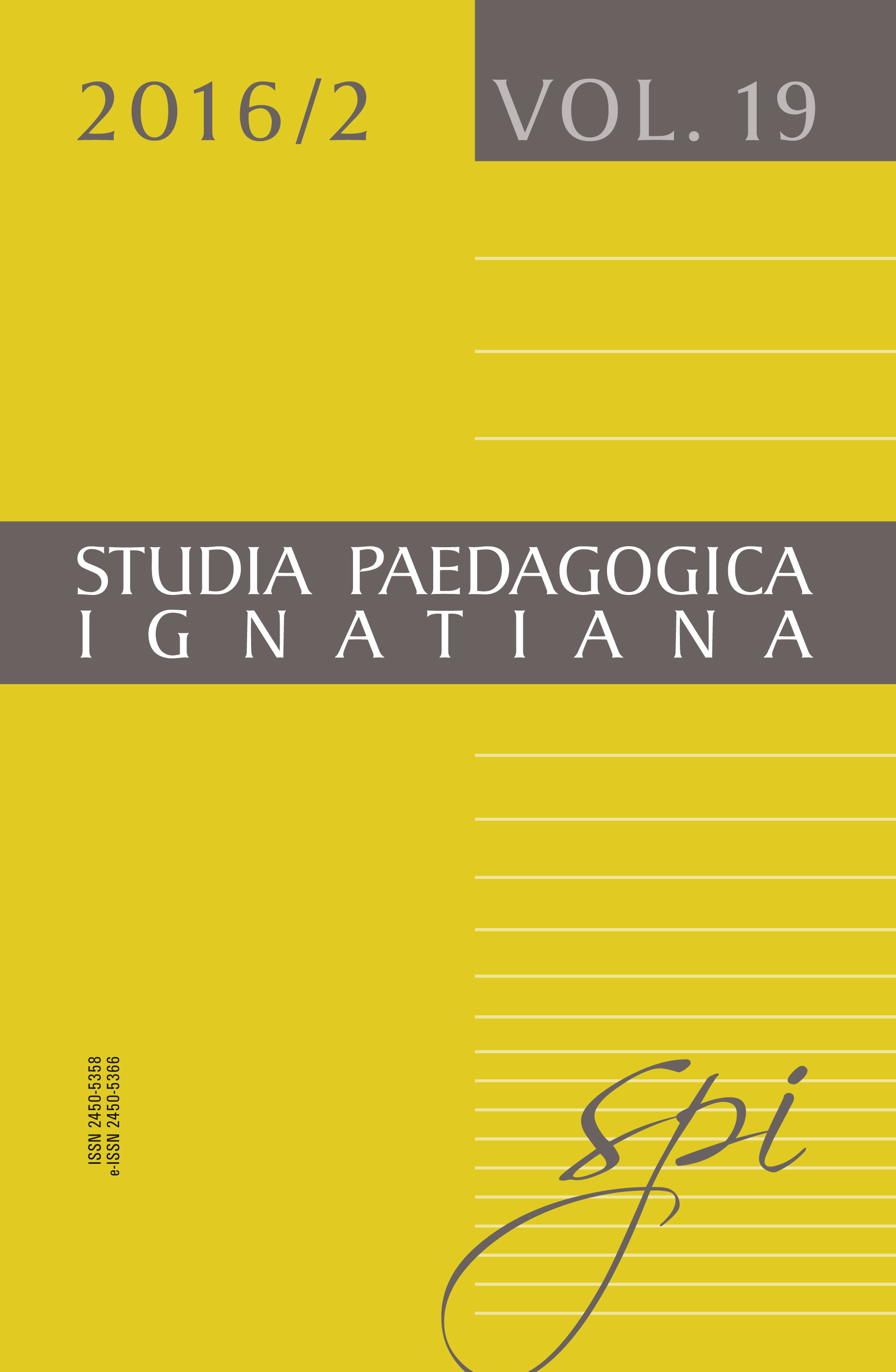Rodzina polska w XIX wieku jako środowisko wychowawcze i jej funkcja edukacyjna
The Polish Family as an Educational Environment in the 19th Century, and Its Educational Function
Author(s): Krzysztof Jakubiak, Monika Nawrot‑BorowskaSubject(s): History, Social Sciences, Education, Cultural history, Sociology, Family and social welfare
Published by: Uniwersytet Ignatianum w Krakowie
Keywords: Family; Polish family at XIX century; family upbringing; educational function of the family
Summary/Abstract: In the history of Poland the family has determined for centuries not only the vitality of family traditions, but also the shaping of the face of the nation, its mentality, and scale of openness. Especially in the 19th and the early 20th century, the “institution” of the family home played a unique role. This was due, inter alia, to the political situation experienced by the Polish nation under the partitions. The family model popularized in the 19th century was so versatile, and even attractive, that it could be, and was, frequently adopted by families from different social classes. The majority of 19th-century educators and journalists did not particularly distinguish between the educational functions to be met by families belonging to various social classes. It was believed that every family, regardless of its social status, was the first and most important educational environment. For it was the family, regardless of its place in the social stratification, that performed an important educational function, and shaped the personality of children through the entirety of its organization, and the content of its life. The educational function of the family manifested itself in the system of values, home atmosphere, patterns of behaviour occurring in the family, the system of relations and relationships prevailing in it, the division of family roles, and the activities performed by each of its members-the household, professed by and instilled in the younger generation. It was in the family, from the parents, grandparents, and its other members that children learnt the Polish language, respect for local traditions, the principles of the Catholic faith, piety, and patriotism. A special role in the implementation of educational functions, regardless of social class, was attributed to the mother as the patron of hearth and home, the first teacher of the mother tongue and the principles of the faith. Education in the family was to supplement or replace education in the state schools of the partition powers. The described model of the family was subject to alterations along with the civilizational and socio-economic changes that were taking place already during the early decades of the 20th century.
Journal: Studia Paedagogica Ignatiana
- Issue Year: 19/2016
- Issue No: 2
- Page Range: 15-46
- Page Count: 32
- Language: Polish

